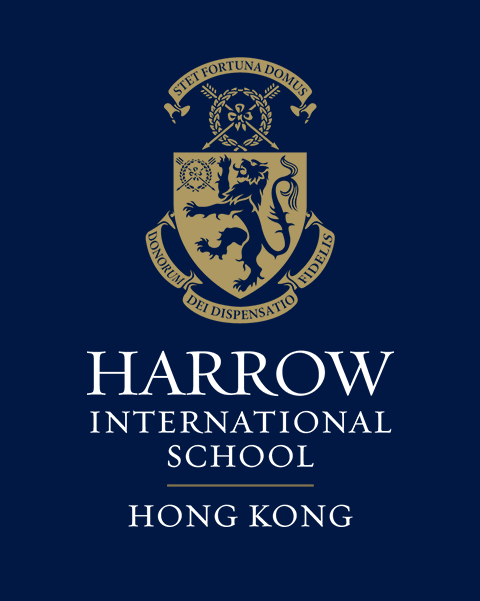Is an International school the same as a Private school?

For any parent, one of the most important gifts they bequeath their child is a good education. It forms the foundation for their career and will often determine how fulfilled and successful they become in life. For families that get to relocate to other countries, it becomes vital to determine what kind of schooling is available and which option offer the best quality of education.
Those that travel to Hong Kong will often find they have a choice between international and private schools, if they prefer not to go the public sector education route. But what is the difference between the two, or do they refer to the same thing?
What Is an International School?
International schools are privately funded learning institutions that primarily cater to children of expatriates. Many also enrol local students whose parents or guardians can afford the often high fees. They offer foreign-based curriculum from countries such as the UK and the United States. Some adhere to an international curriculum as is offered by the International Baccalaureate (IB) and International General Certificate of Secondary Education (IGCSE).
What Is a Private School?
A private school is any school that is not publicly funded by the government or state. They may offer either the local or foreign-based curriculum. They can offer preschool, primary and secondary education. There are several main types of private school to be found in Hong Kong, including:
- Direct Subsidy Scheme (DSS) schools – These are private schools that are subsidised by the government but not controlled by them. They are free to determine the curriculum, entry requirements, and fees. They should however be able to benefit local students and prepare them adequately to sit for local TSA exams. This scheme was introduced by the government to help non-public primary and secondary schools that are of high academic achievement gain extra funding that would further enhance their learning.
- Private schools – These are non-public schools that provide learning for pre-school, primary and secondary school students. They are targeted at local students with learning conducted in both English and Chinese. Their focus is on academic excellence and tends to offer more rigorous learning that will make their students more competitive. Students are selected based on their academic achievement. The schools do charge fees.
- International schools – These are privately funded schools that offer foreign-based curriculum learning and exams like IB, IGCSE, Edexcel, and APs. Learning is predominantly conducted in the English language but many such schools offer language classes. Students can learn such languages as French, German, Chinese, and Japanese. The fees paid in such schools is quite high.
What Is the Difference?
International and private schools are not quite the same. However, international schools are a category that falls under the private school system in Hong Kong. They have autonomy over deciding what curriculum to follow and what fees to charge. They have also been around for decades and provide an excellent alternative to the local mainstream option. Many parents that relocate to the country will often consider international schools the ideal choice for their children over other private school options for several key reasons.
Benefits of International Schools
1. Cultural Diversity
There is a greater mix of cultures in international schools than in any other public or private school environment. The student body and teaching staff are made up of various nationalities. This exposure through personal interactions and the broader curriculum gives international schools more of an edge in preparing students for the adult world. They become more open to new experiences and are better able to adapt when they travel further afield for college or university training.
The curriculum they learn from is more global and opens them up to a world beyond what they have seen. It makes them better able to compete with other international students and when they later join the workforce. It also helps to build a more well-rounded individual. Other schools are more focused on grades whereas international schools give as much attention to extra-curricular pursuits, allowing students more freedom to choose their path and explore their talents.
2. Growth
There are more opportunities afforded to students of international schools. They have more options when it comes to choosing subjects. The smaller class sizes also mean they enjoy more personal attention from teachers. They are nurtured to delve deeper into subjects and activities they are talented in and get extra help where they may lag behind.
The learning environment also helps to encourage independence. From choosing pursuits to making friends from different backgrounds, students enjoy more freedom of choice in a new environment that will make them braver and more considerate of their decisions. Students that graduate from international schools tend to be more mature and able to take on the challenges of personal and professional growth as adults.
3. Career Advancement
International schools charge high fees for a reason. The amenities and facilities they provide their students are the best to be found anywhere. From science labs and libraries to dance studios and music orchestras, there are so many resources available to enable them to reach their full potential. Whatever career path they choose to follow, an international school makes for the best possible setting to nurture their talents.
The best international schools carefully vet their teaching staff and also support their ongoing training so they are well-equipped to tend to students. They have a strong understanding of the various subjects they specialise in and are given the resources needed to ensure they properly impart the knowledge needed for student success. They are also able to mentor the students so they make for top choices by university admissions boards.
The private school sector in Hong Kong is diverse and offers both foreign and local students access to quality education. International schools are however distinct in their ability to provide students with a more diverse learning environment that is supported with ample resources. They offer the highest calibre of teachers, learning materials, modern facilities and more. Parents that opt for international schools are making the decision to invest in the most promising future for their children.

 360° TOUR
360° TOUR 










